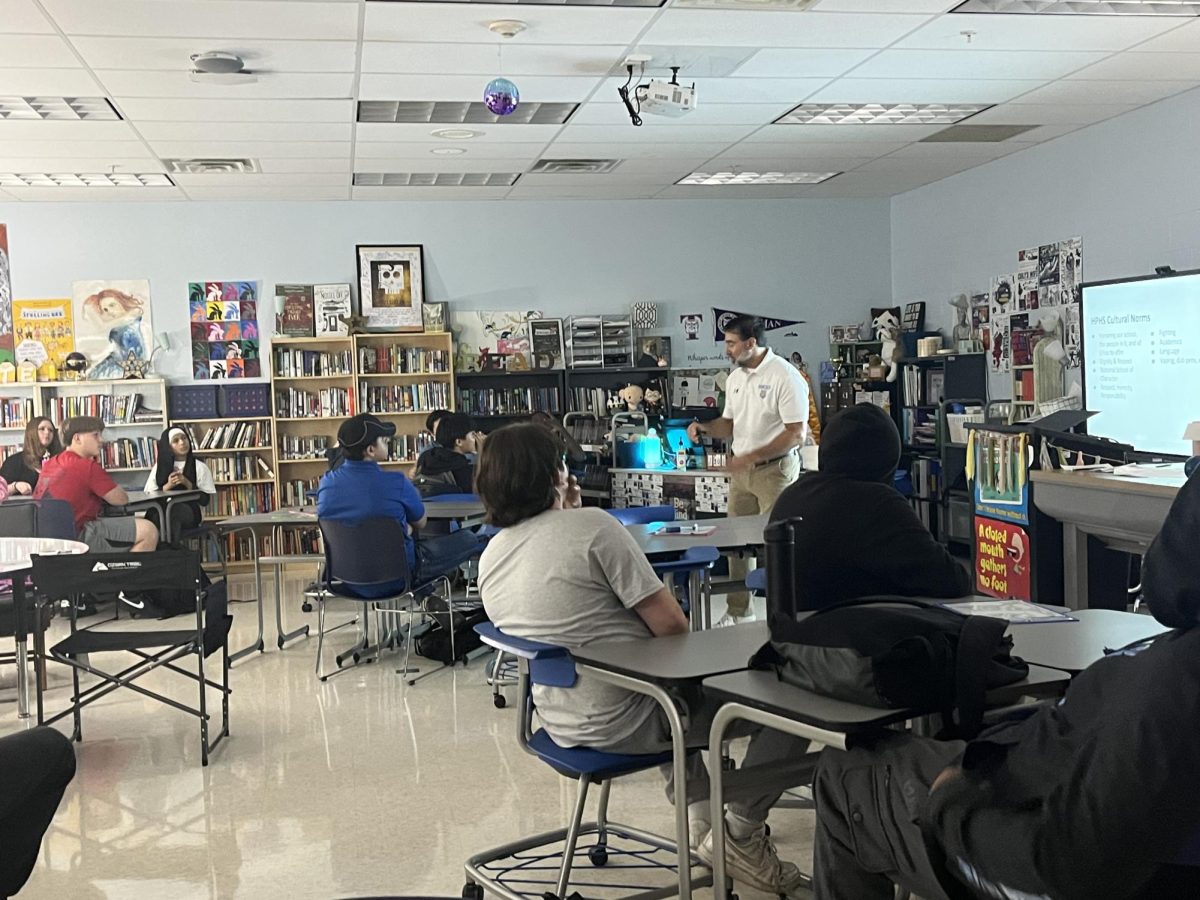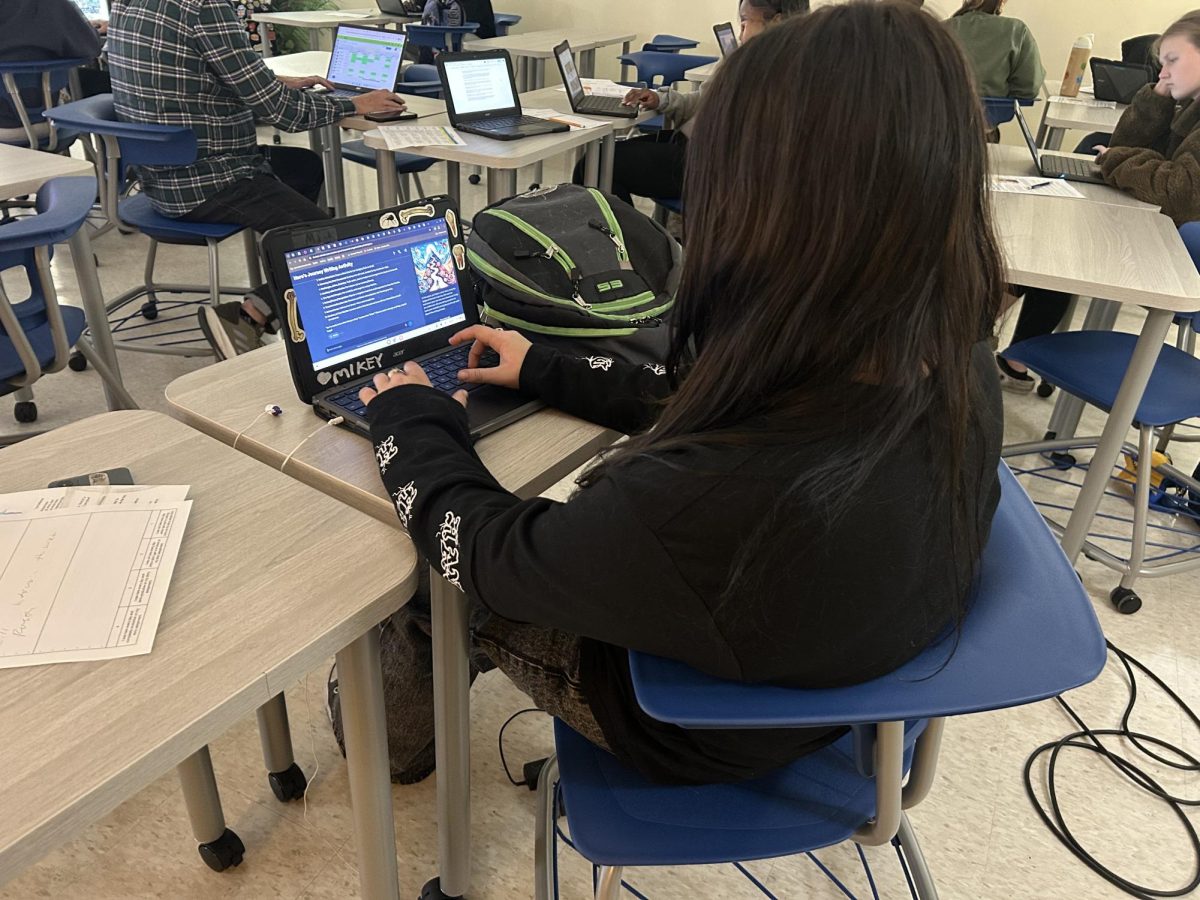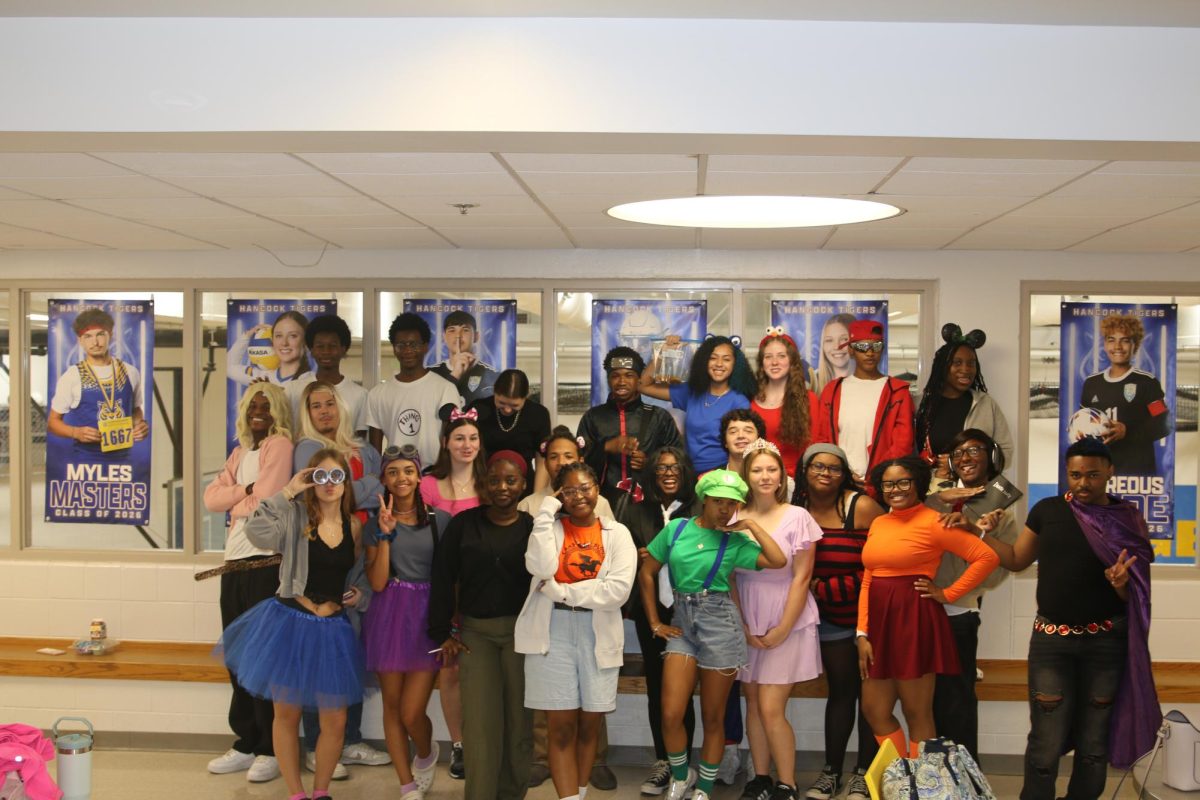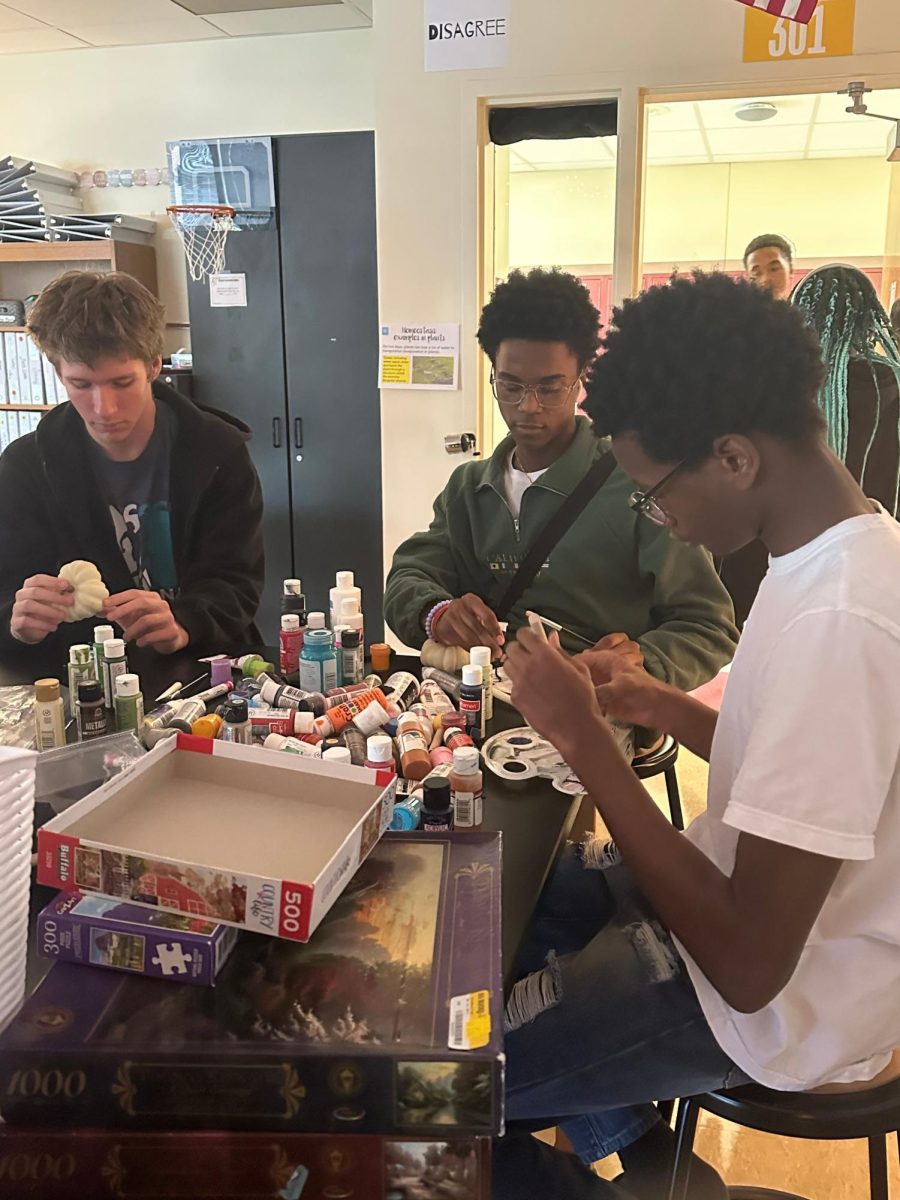Instead of the new school year bringing happiness and excitement, it has brought a need for adjustment. The new senate bill SB68, which has been implemented into the 2025-2026 academic school year, restricts students from being able to use electronic devices in school.
According to the Missouri Senate, the bill was effective August 28th, 2025. The sponsor of the bill is Mike Henderson.
The big question for all of us to ask ourselves is, “Does this ban truly benefit me at all? Do I like this ban?” Many people’s opinions lie in the middle.
“I agree with the spirit of the law,” HHS Principal David Williams said, “I think we could all do with less screen time. I do think that habitual phone use has a negative impact on students’ mental health.”
Allowing phones in schools or not, many can argue that students will be affected in some way no matter what.
“I agree that phones are a distraction to learning, and present a host of problems like content sharing on social media,” ELA teacher Elizabeth McMurray said. “I disagree with the complete removal of phones from student’s lunch and passing time. I also don’t understand limiting specific types of headphones and earbuds, as I don’t believe the headphones are the problem.”
One bigger change that comes with the ban may be people’s social cues and attentiveness, considering students don’t have that distraction anymore.
“There has been a noticeable change in my classrooms in two ways,” McMurray said. “One, students are more focused and listen more attentively than before. If a lecture or introduction of a new topic takes a while, at least in years past, students were tempted to disengage and get off task looking at their phones. This helps to fix that issue.”
McMurray said she has also seen a positive effect on students outside of school work. “Students are far more social with one another, which is an extremely positive change,” she said. “Students spend time talking and joking, and just connecting with each other when their phones aren’t in the way.”
It can be argued that a percentage of people have some part of the ‘forbidden fruit’ effect. If you are told not to do something, it’s natural to want to do it, most effectively teenagers. A lot of people may skim over this effect, but it could, for some individuals, make them want to disobey even more. Aundrea Hamilton (12), is proof of this effect.
“It made me want to get on my phone more,” Hamilton said, “If I do have access to it, I won’t get on it as much, but if I don’t then it makes me want it more.”
Some could argue that this ban is not necessary, that students’ phones did not really make much of a dent in their learning.
“I wasn’t really on my phone before the ban,” Donubari Delolo (12) said.
Many have different opinions on this ban, for some this ban has no effect on them, and some can’t stand this ban.
Administrative Assistant Nikki Herman meets in the middle.“I get it if you are parents or if you are younger because that’s how you get the hold of each other.” Herman said.
Arguably the biggest argument amongst people is whether or not the ban is a benefit to student learning and students wellbeing or not. “I think that if you don’t have that distraction you’ll pay more attention.” Herman said.
Older generations who grew up without phones more times than not say that they can go without their phones, while younger generations argue their cellphone’s importance. “I do think that this generation and some of the older people have an attachment to their phones,” Herman said.
Some may think that this ban has the biggest impact on students, but teachers also have changes they need to make as a result of the ban. “It is probably an adjustment for some of them because that’s how they call other teachers,” Herman said.











